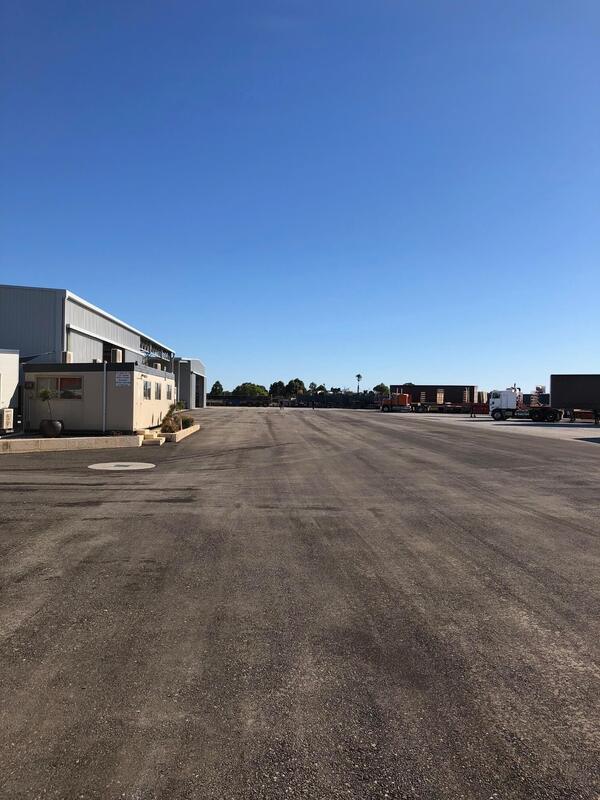In road construction and surface preparation, grading isn’t just an optional step—it’s the foundation upon which every durable, safe, and reliable surface is built. At Gatton Surfacing Solutions, we often see the consequences of skipping this crucial phase, especially on rural properties and commercial projects throughout Gatton, QLD.
Failing to grade properly before laying asphalt or bitumen can lead to premature failures, higher maintenance costs, and safety concerns. Here’s why grading matters—and what can go wrong when it’s ignored.
Why Grading Is a Non-Negotiable Step
Grading is the process of shaping and levelling the subgrade to ensure proper drainage, load distribution, and surface stability. Without proper grading, even the highest-quality surfacing materials will fall short.
It sets the stage for the following:
- Adequate water runoff
- Prevention of ponding and erosion
- Improved compaction and material performance
- Consistent thickness of the surface layer
What Can Go Wrong Without Grading?
Poor Drainage and Water Pooling
One of the first issues you’ll notice is standing water. When the base hasn’t been properly graded:
- Water can pool in depressions
- Moisture seeps into the surface layers
- Over time, this leads to soft spots, cracking, and potholes
Surface Cracking and Deformation
Without a stable, well-levelled base, the finished surface is under stress from the start. This results in:
- Alligator cracking
- Uneven wear patterns
- Rutting in areas with frequent vehicle traffic
Reduced Lifespan of the Surface
Skipping grading accelerates the deterioration process. The surface becomes vulnerable to the elements and heavy loads, which leads to:
- Increased frequency of repairs
- Reduced lifespan of asphalt or spray & seal bitumen
- Early resurfacing or full reconstruction requirements
Safety Hazards for Road Users
Surface defects don’t just look bad—they also pose a real risk to drivers and pedestrians. Uneven roads caused by poor grading can result in:
- Loss of vehicle control on wet or sloped areas
- Tripping hazards on pedestrian paths
- Damage to vehicles using the road or driveway regularly
Waste of Investment
No matter how well the surfacing job is done, a poorly graded base undermines the entire project. It’s like building a house on shifting soil—the results won’t last. Clients may think they’re saving time or money, but the long-term consequences often cost significantly more.
How Grading Supports Longevity in Surfacing Projects
A properly graded base ensures:
- Load is evenly distributed across the surface
- Drainage flows away from the road or hardstand
- Surfacing materials can be compacted evenly
- The finished surface remains level and uniform
At Gatton Surfacing Solutions, we prioritise expert grading before every surfacing job. Whether it’s a new rural driveway, a commercial hardstand, or a local access road, grading provides the performance and reliability your surface needs to last.
Real-World Applications in Gatton, QLD
In areas like Gatton, where rural and semi-urban infrastructure is critical for agriculture and freight, road performance matters. Proper grading allows bitumen and asphalt surfaces to:
- Handle heavy loads from trucks and machinery
- Stand up to seasonal weather patterns
- Prevent dust and erosion on unsealed routes
Clients throughout Gatton rely on us not just for surfacing—but for ground preparation that ensures the result will last for years.
Conclusion
Grading before surfacing is not an optional extra—it’s the most important step in building a surface that performs, lasts, and stays safe. At Gatton Surfacing Solutions, we understand the unseen value of a well-prepared base and ensure every project in Gatton, QLD starts with expert grading.
Call us on: 07 4517 4097
Click here to find out more about Gatton Surfacing Solutions
Click here to complete our contact form and see how we can help with your driveway needs.

